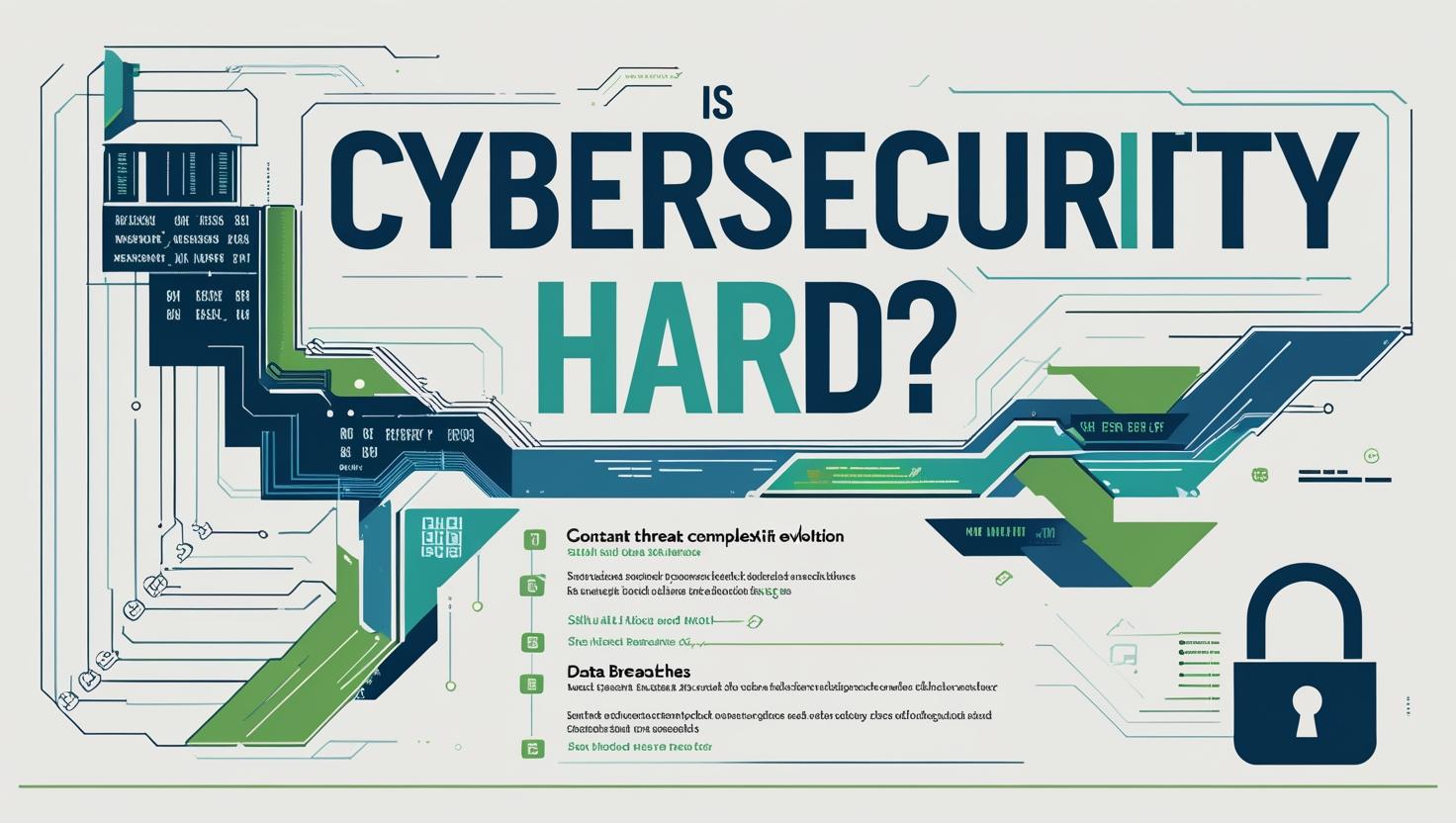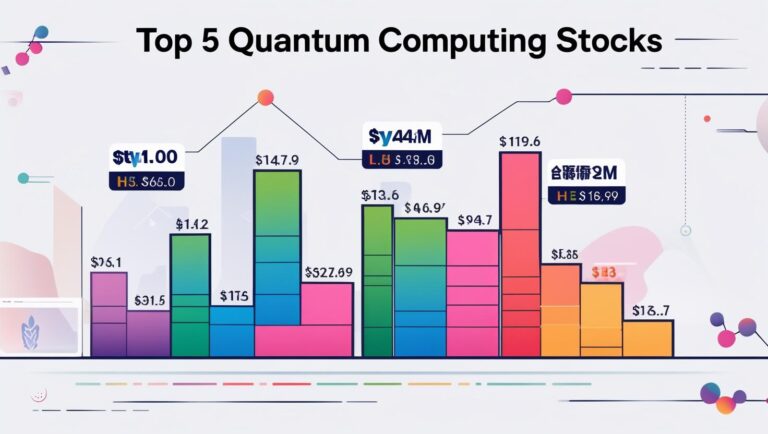Is Cyber Security Hard to Master in 2025? A Complete Guide For Beginners
It’s 2025, and the question “Is cyber security hard?” still echoes through forums, classrooms, and job boards. And honestly, it’s the right question to ask. Not because the answer is yes or no, but because asking it shows you’re serious. You’re not just curious; you want clarity. Cybersecurity can be tough. It’s not a walk in the park. But it’s also not impossible. The complexity comes not from intelligence gaps, but from lack of direction. The good news? That can be fixed.
Table of Contents
What Makes Cybersecurity Feel So Complicated?
Many people find it difficult to understand at the start because it’s not just about firewalls and coding. It’s all about acronyms, layered systems, protocols, and logos which exploits everyone on YouTube shows and podcasts. But the truth is, no one starts out understanding it.
The hardest part is navigating the flood of information without getting stuck. If you’ve ever Googled “Is cyber security hard?” and found vague or robotic answers, you’re not alone. The truthful answer is; it mostly depends on how you look at it. Put it in the wrong order, and it will feel like a terrible nightmare. Begin simple, and then it won’t look so scary.
Forget the Hype: Cyber security Isn’t About Being a Genius
You don’t need to be a tech prodigy. You don’t need to memorize the entire OSI model in one go. What you do need is consistency. Break big ideas into small parts. Ask dumb questions. Try things, fail, and repeat. The ones who stick around are the ones who stay curious. Not everyone in cybersecurity codes. Not everyone hacks.
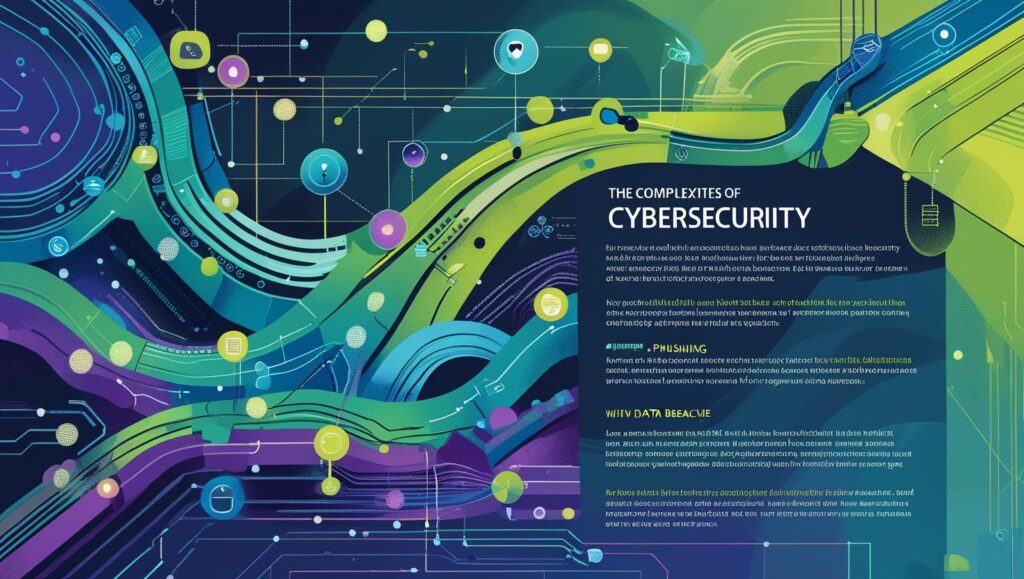
There are people building policies, writing reports, monitoring alerts, analyzing risk and all of them are part of this growing field. So if you’re asking “Is cyber security hard?”, think of it like this: It’s only hard if you don’t allow yourself to learn slowly.
Hands-On Work Is What Separates Learners From Professionals
Reading about ports, scanning, or Linux permissions won’t make you feel confident. Doing it will. Start with safe labs. Use tools like Wireshark or Nmap to observe how things work. Break things on purpose, then find out why they failed.
When you engage with things directly, everything starts to make sense. That’s when you begin to feel the shift from guessing to knowing. The more you interact with real systems, the less intimidating cybersecurity becomes.
Certifications Alone Won’t Make You Job-Ready
A lot of people rush into certifications, thinking they’ll land a job right after. Certifications help but they don’t speak for your skills. Employers want results. Can you detect a phishing attempt? Can you spot unusual network behavior? Can you explain risk to a non-technical client? These are the important questions. People are still waiting to learn is cyber security hard? If you’ve practiced and can show it, you’re heading in the right direction. If not, you should concentrate less on passing and more on practicing.
Is Cyber security Hard to Keep Up With?
Yes, cybersecurity is hard to keep up with. Threats evolve and Tools change. Attackers never stop. But this constant motion is part of what makes it exciting. You’re never stuck doing the same thing twice. If you like learning and thinking on your feet, you’ll do just fine. You don’t need to stay ahead of every hacker. You just need to keep growing, stay connected, and be ready to adjust.
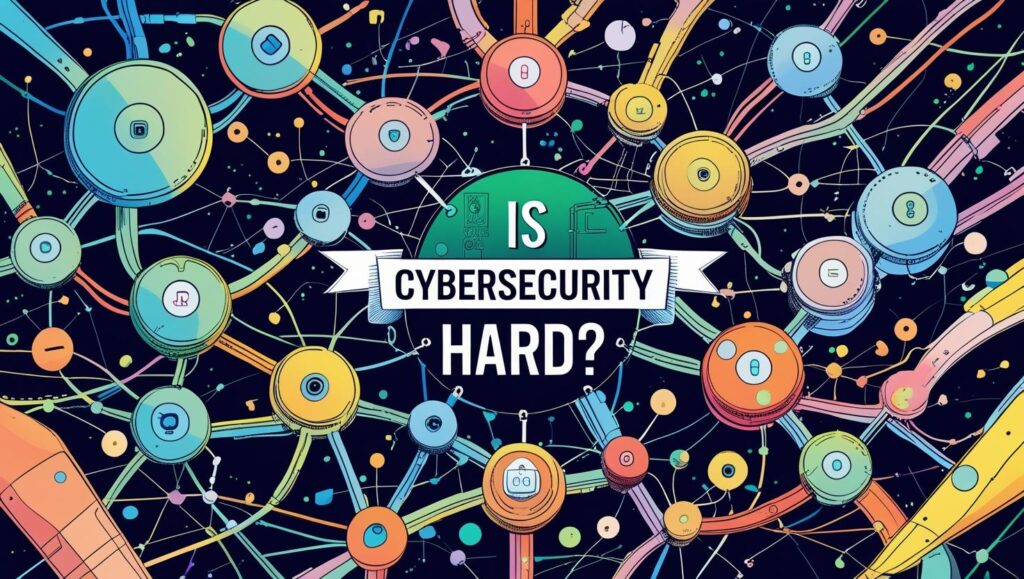
You Don’t Have to Follow Just One Path
Cybersecurity isn’t a straight road. It’s more like a city with hundreds of lanes. Some lead to penetration testing, some to digital forensics, others to risk analysis, compliance, or SOC analyst roles. Explore and read real-world case studies. Watch how professionals react to incidents. Find what makes you curious and chase it. That’s how people build careers here. Not by copying others, but by carving out their own space.
Why This Career Feels So Meaningful
There are jobs that just pay the bills. Then there’s work that protects real people. In cybersecurity, what you do can prevent businesses from going under, hospitals from shutting down, or someone’s personal data from being exposed. That’s why people stay in this field. Even when it’s tough, it matters. You get to wake up knowing you’re doing something valuable. And that alone makes the challenge worth it.
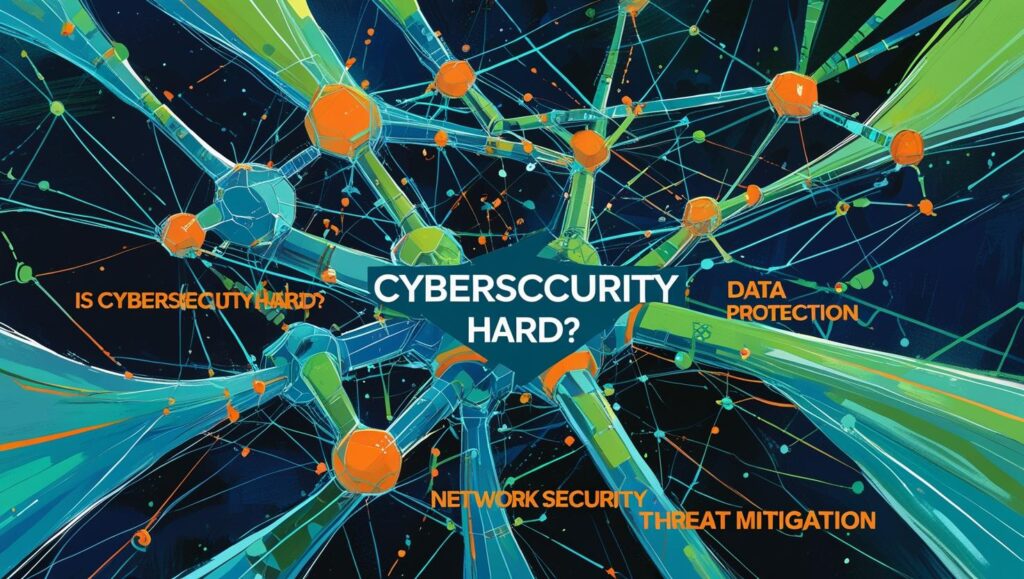
GuestPostSite.com – Helping You Start With Clarity, Not Confusion
At GuestPostSite.com, we’ve seen too many beginners quit because no one explained cybersecurity in plain words. That’s why our content isn’t filled with fluff or buzzwords. We believe you learn by doing, asking, breaking things—and being honest about the journey. We don’t promise shortcuts. We guide you through the work that actually builds skill. If you’re still wondering “Is cyber security hard?”, we’re here to help you turn that question into confidence.
Frequently Asked Questions
Is cyber security hard for complete beginners?
At first, yes. But with simple steps, hands-on practice, and clarity, most people adapt quickly.
Do I need a degree or coding background?
No. Many cybersecurity professionals come from non-tech backgrounds. What matters is curiosity and learning by doing.
How long does it take to become job-ready?
It depends on your effort, but many reach an entry-level skill set in 6 to 12 months with consistent practice.
Are certifications necessary?
They help with credibility, but experience—labs, projects, and problem-solving—matter more.
Will cybersecurity still be a good field in the future?
Absolutely. As technology grows, so does the demand for people who can protect it. The field will keep expanding.

